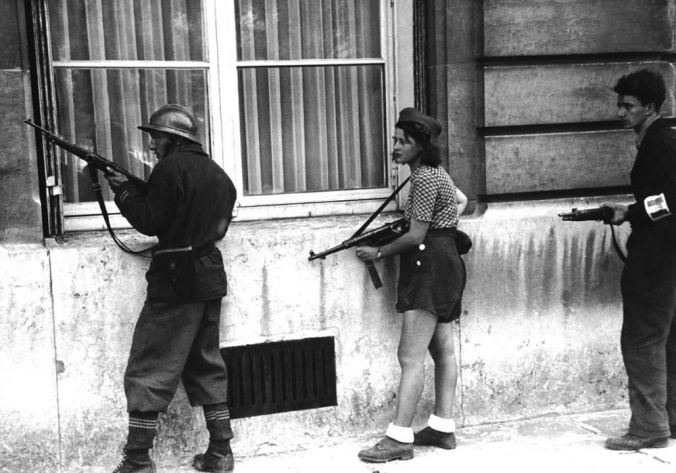The paper I presented at the ISA is part of a larger project in which I look at the ways in which ethics, in the context of certain political practices, is saturated with biopolitical rationalities. The (re)surfacing and framing of hitherto morally prohibited practices – torture, extraordinary rendition, extrajudicial assassinations – as justifiable, legitimate and even necessary acts of violence, paired with rapidly advancing and increasingly autonomous military technologies that facilitate these practices, has opened new dimensions and demands for considering just what kind of ethics is used to justify these violent modalities. I’m specifically frustrated by the emerging narrative of the use of drones for targeted killing practices in the interminable fight against terror as a ‘wise’ and ‘ethical’ weapon of warfare. The prevalence of utility, instrumentality and necessity in this consideration of ethics strikes me as dubious and worthy of a closer look. This keeps leading me again and again to the perhaps foolhardy, but inevitable question: what, actually, IS ethics? And more specifically: what is ethics in a biopolitically informed socio-political (post)modern context? My quest for an answer begins with the growing divergence in scholarship and philosophical inquiry of the ethicality of ethics, or meta-ethics on one hand, and practical conceptions of ethics, applied ethics, on the other.
It has been noted by philosophers and scholars across geographical and disciplinary divides, that, in recent years, there has been a growing focus in philosophical and political thought on the application of moral and ethical principles rather than the “ethicality” of ethics itself. This trend is particularly widespread in Anglo-American philosophy, and manifests itself in the striking surge of applied ethics as a subfield of ethics, which considers the chief role of ethics to be that of providing a practical guide for moral agents, based on rational analysis, scientific inquiry and technological expertise. In other words, considerations of ethics have become preoccupied with establishing practicalities and ways of application. While the practical side of ethics should, of course, not be dismissed, the domineering focus on ethics’ practicality over considerations of meta-ethics, or the ethicality of ethics, occludes any deeper engagement with what ethics actually is, how moral content is established and how we can understand ethics in modernity as something beyond a mere set of context specific norms and legal regulations, as something other than laws and codes. To make sense of this preoccupation with ethics’ practicalities, it is worthwhile to consider how ethics might, in fact, be determined by the characteristics of a specific form of society. This brings me back to the biopolitical rationalities with which (post)modern societies are infused. Continue reading







